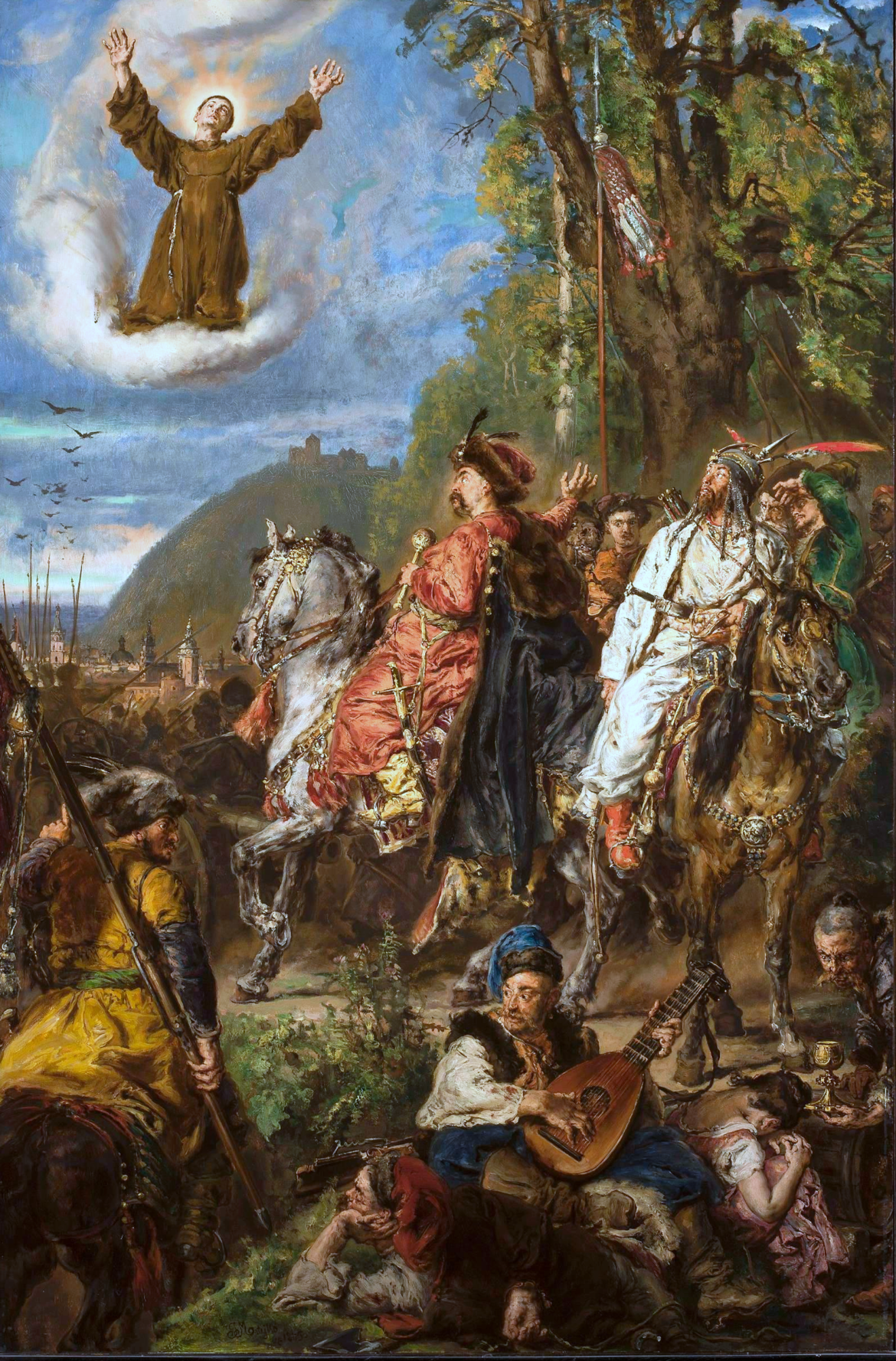The Jews actively and bravely joined the defence of Lwów (today’s Lviv) during the siege of 1648 and 1655. They did not want to allow either the Cossacks or the Russians to seize the city. When the attackers demanded to hand over the Jews and pay a ransom in return for renouncing the siege, the Poles refused, defending their Jewish comrades-in-arms.
From 1569, the Kingdom of Poland and the Grand Duchy of Lithuania had remained in the real union which formed a vast state called the Polish-Lithuanian Commonwealth. Many nations lived there. The most numerous, apart from Poles, were Lithuanians and Ruthenians with Jews often living in the cities.
Cossack revolts
In the second half of the 17th century, the Polish-Lithuanian Commonwealth had been already ravaged by many wars with its neighbours. Further threats of invasion appeared especially from the East. Poland was threatened by the Moscow state and the Tatars. There was also a tense situation inside the country with conflict growing between the rich Polish nobility (magnates) and Zaporizhian Cossacks – an organized military community living in the territory of present-day Ukraine.
This conflict broke out in 1648 when Bohdan Chmielnicki led the Cossack rebellion. Ruthenian peasants joined him and were supported by the Tatars. This army achieved success and pressed from east to west towards the territory of present-day Poland. Before that, however, they had to overcome the mighty fortress of Lwów, which was defended by Poles and Jews.
Weapons and money
The followers of Judaism in 17th-century Poland were primarily involved in trade, but when it was necessary, in Lwów in 1648, they took arms to defend the city against the Cossacks. Young Jews were building ramparts. They also received 200 guns from the administrator of the Jewish community to protect the part of the defensive walls of the Jewish quarter. The city eventually surrendered and paid the ransom.
Chmielnicki and his troops approached Lwów also in 1655. At that time, he was supported by the Russian army. The Cossack-Russian army burned down the suburbs of the city.
The obligation to defend the city fell on its inhabitants, including the Jews. They fought bravely and stood out in defence. The followers of Judaism also spent money for expenses related to the defence of the city. It seems that this could have enraged Bohdan Chmielnicki because as a condition for withdrawing from the siege, he mentioned the surrender of the Jews. The Polish defenders from Lwów did not agree and Chmielnicki had to be content only with a sumptuous ransom, which was also paid by the Jews.





